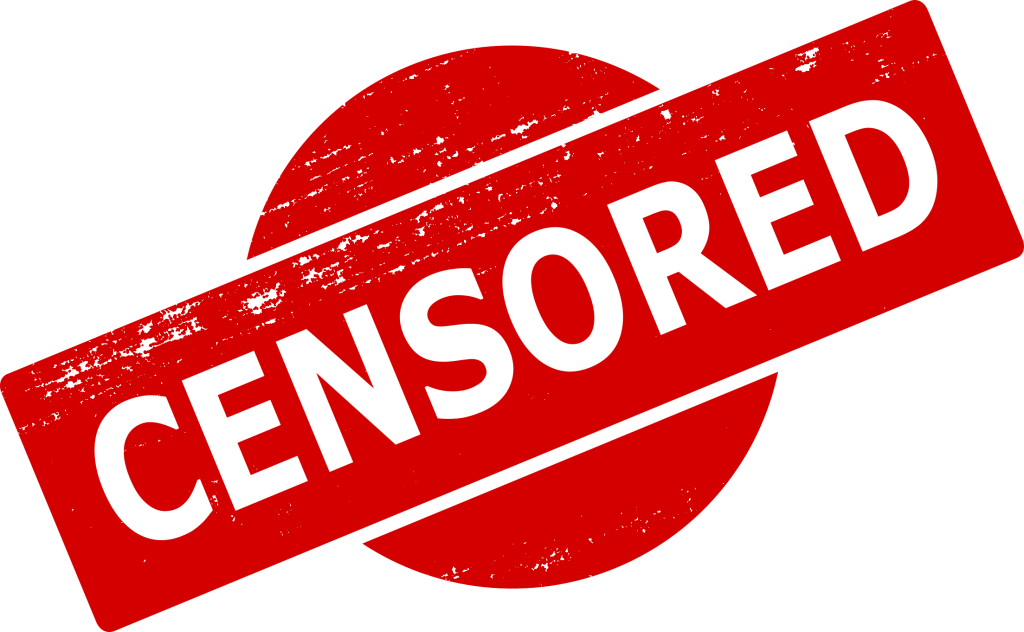
The Internet is open to the world. People can post whatever they want. In some instances, an Internet service provider choose to take the site down if it’s highly offensive. Google might even blacklist it so that it doesn’t show up in search engine result pages.
The question is, should the content be censored in any way?
Government Intervention
Governments have been known to intervene and determine what citizens are and are not able to see. The government should have the right to determine what people see and don’t see. Otherwise, people are unable to obtain “the whole story.”
There are plenty of governments around the globe that choose to intervene and censor the Internet for their citizens. A perfect example is the “Great Firewall” of China, where information harmful to the Communist Party has been prevented from entering the country. This affects approximately 7 million users.
According to a study by Freedom House, there are a lot of countries that are censoring in one way or another. In addition to China not being free, Russia, Iran, Pakistan, Egypt, and Vietnam are also heavily censored. Other countries such as Mexico, Nigeria, India, Turkey, and South Korea are considered partly free. The United States, the UK, Brazil, Japan, and most of Europe are still identified as free – which means that there is no censorship.
Although censorship is often enacted for the good of the people, it also prevents people from growing and learning about other cultures. The countries identify censoring as a way of protecting its people. However, the people should have a right to have access to the unfiltered information if they wish. For those who want to be protected, then there is no issue.
Internet Filters
Internet filters have and always will be around. This allows everyone the opportunity to determine what they want to see. It’s common amongst families with children. They determine what types of sites their children conceived. This helps to eliminate pornography and inappropriate websites that shouldn’t be viewed by children 18 and under, or in some instances, 12 and under.
The filters would allow people to determine what they do and don’t want to see. There are ways to block out different websites as well as focus on specific content. Google was blocked for several days 2002 by China. Tibet blocked YouTube in 2008. There have been plenty of instances where the government has made the decision for the entire population. Rather than taking this approach, it would be best to invoke the use of filters – and this would allow people to pick and choose whether they want to see the information or not.
Adults should be able to see what they want to see. The government, although trying to protect, also take away certain rights, including free will.
I personally don’t think there is a long term solution to all of this. It does not matter what happens information will always go “underground” it will just need us to be more clever in the way that we hide it and the way we allow people to access it. At the end of the day secrets have been held of hundreds of years, we maybe just need to find new ways to make sure the information we love and cherish can stand the test of time in the digital age.